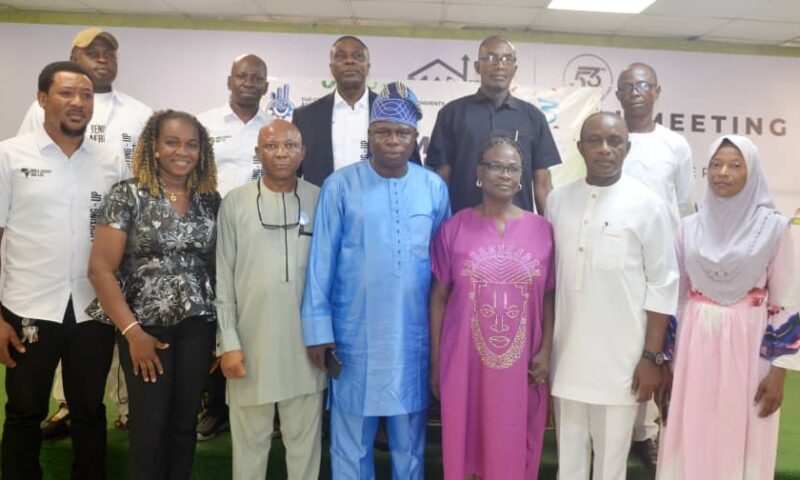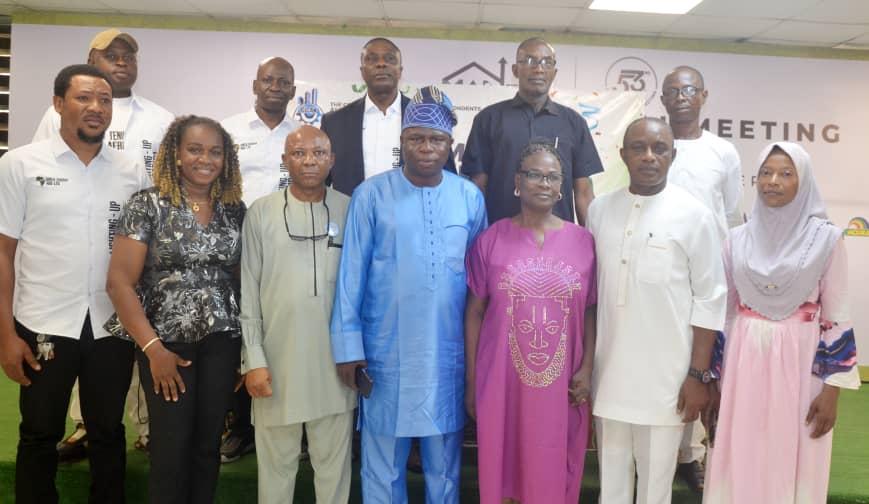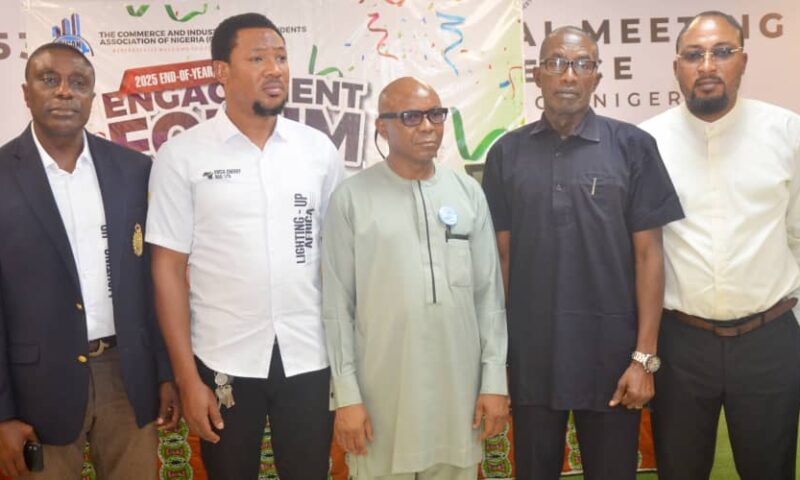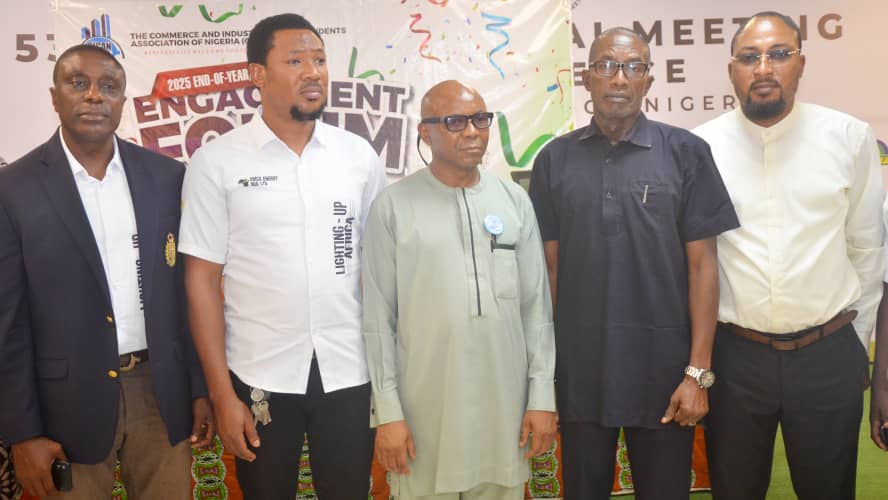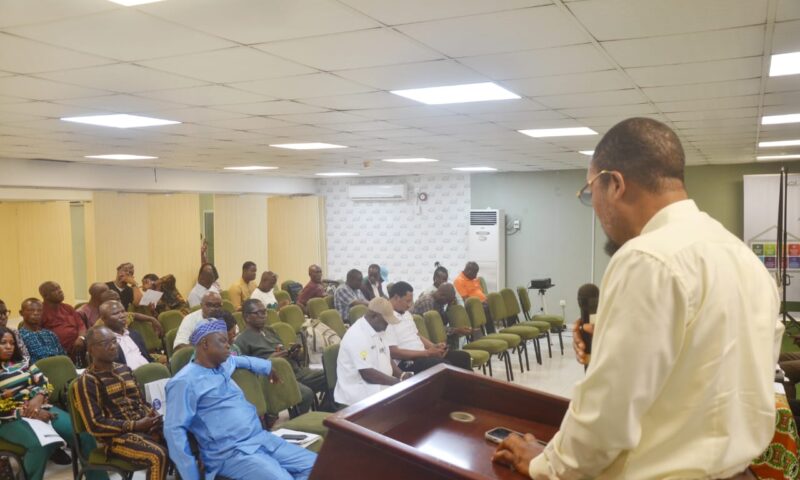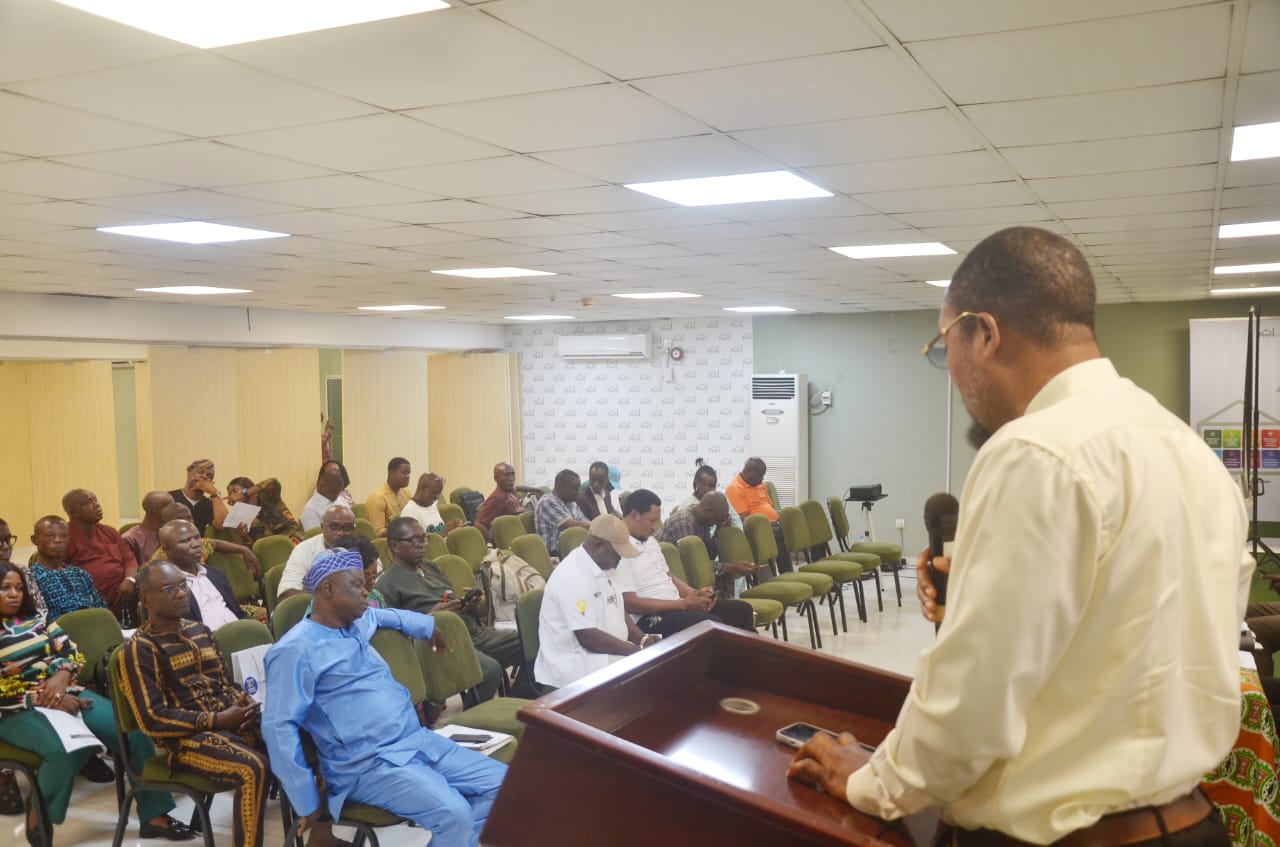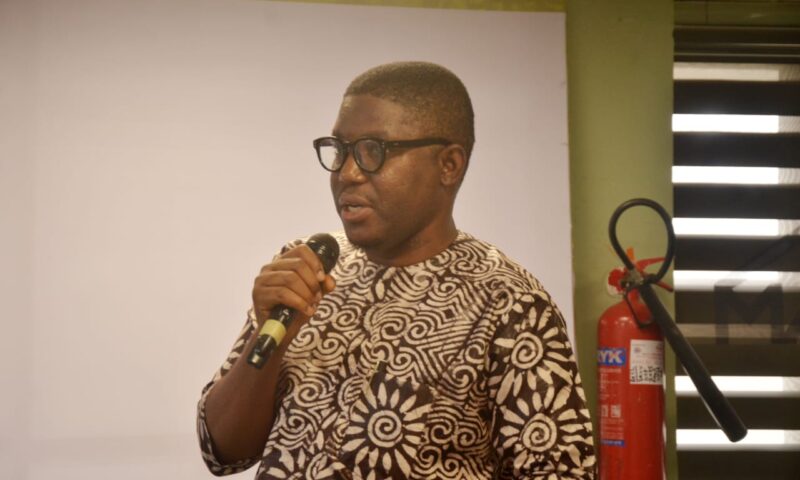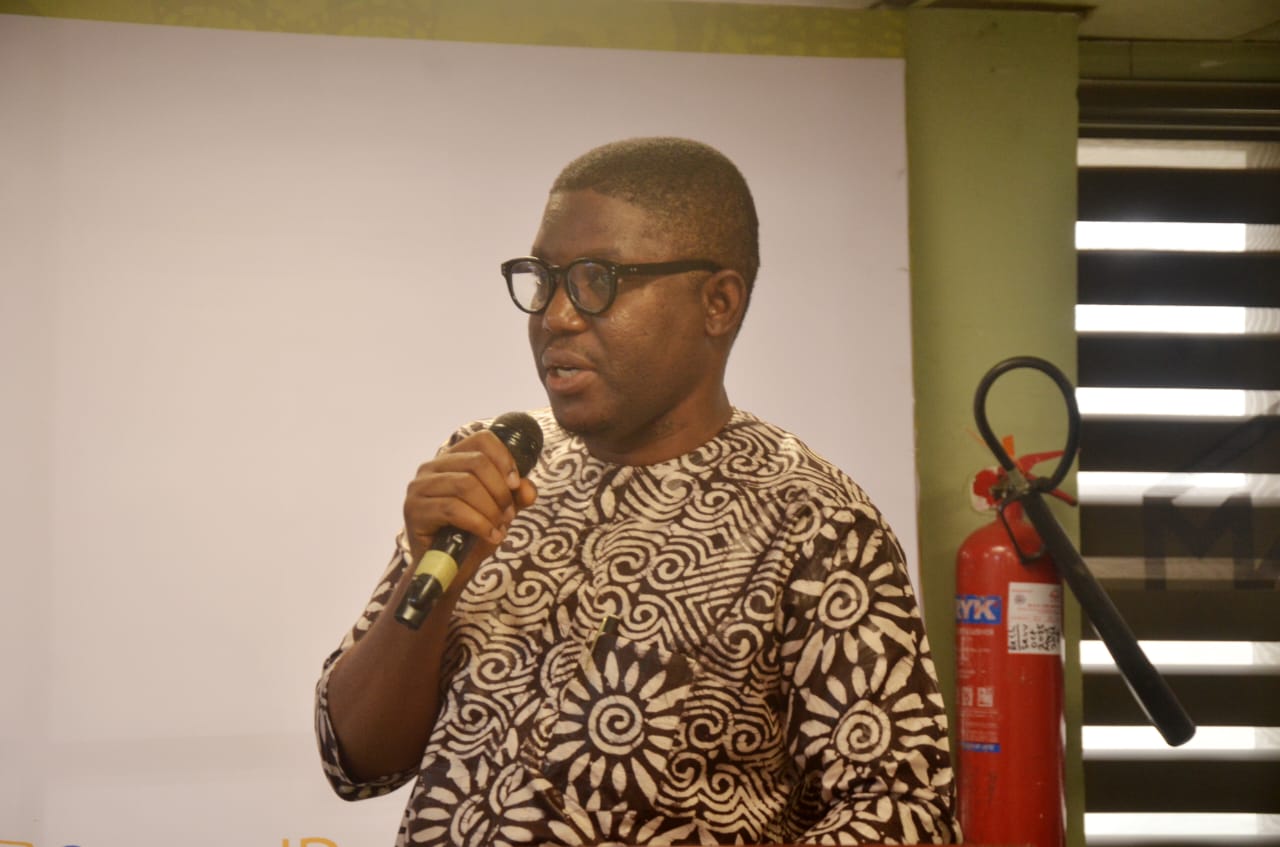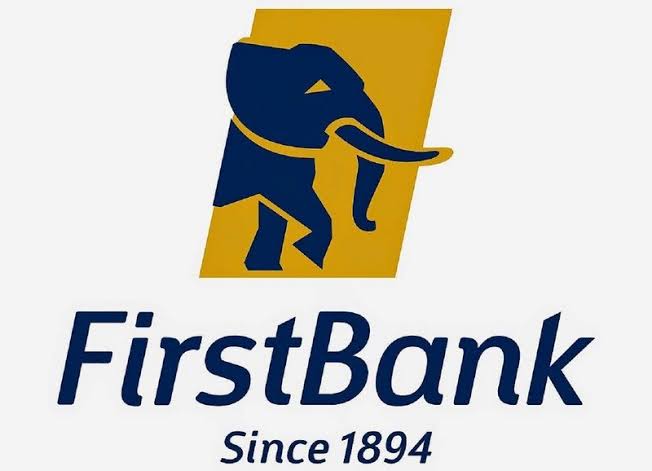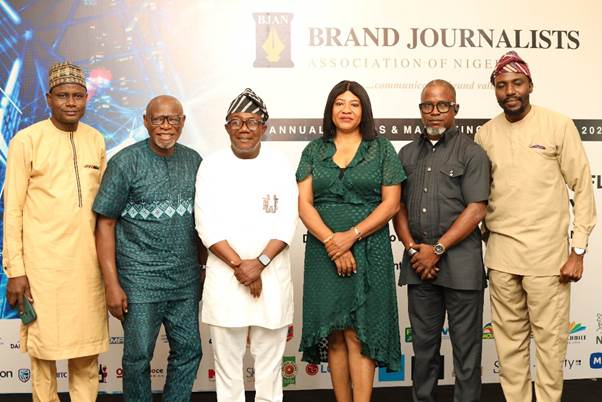Nigeria’s $1tr Target Hinges On Strategic Rollout Of ISA 2025 – Expert
 Nigeria’s ambition of becoming a $1trn economy by 2030 can only be realised through the strategic, disciplined, and collaborative implementation of the Investments and Securities Act (ISA) 2025, a capital market expert has said.
Nigeria’s ambition of becoming a $1trn economy by 2030 can only be realised through the strategic, disciplined, and collaborative implementation of the Investments and Securities Act (ISA) 2025, a capital market expert has said.
Speaking at the 2025 yearly conference of the Capital Market Correspondents Association of Nigeria (CAMCAN) in Lagos, Group Managing Director of GTI Capital, Abubakar Lawal, stated that the ISA 2025 must transition from a policy document into a practical instrument for driving national economic growth.
He was represented at the event by the Managing Director of GTI Capital, Mr. Kehinde Hassan.
Lawal stressed that clarity, consistency and synergy among regulators, operators and market stakeholders are vital if the Act is to serve as the bedrock of Nigeria’s trillion-dollar ambition.
According to him, the country has reached a critical phase where fragmented efforts and isolated initiatives can no longer be accommodated.
He noted that the implementation of ISA 2025 must be aligned with the Revised Capital Market Master Plan to prevent policy dissonance and institutional overlap.
“What Nigeria requires now is a unified roadmap, one that integrates ISA 2025 into the broader architecture of the nation’s economic vision,” he said.
Lawal maintained that with disciplined execution, cross-institutional cooperation, sustained public education, and responsible innovation, Nigeria could not only meet but surpass its $1trn economic target while achieving long-term socio-economic benefits.
He added that coordinated action would position the country as a continental and global model for innovation-driven and inclusive growth.
Describing ISA 2025 as a transformational reform, he said the legislation offers more than regulatory rules, providing structure, tools, and opportunities for national development. However, he cautioned that even the best-crafted laws remain ineffective without intentional follow-through.
He urged regulators to apply fairness and foresight, while operators embrace innovation anchored on responsibility.
Lawal also underscored the need for widespread investor education to unlock the Act’s transformative potential. Awareness efforts, he said, must reach all regions to ensure that investors understand their rights, entrepreneurs recognise new opportunities, and the general public is aware of protections embedded in the new regulatory regime.
Highlighting key reforms within ISA 2025, he noted the recognition of digital and virtual assets, classification of investment contracts as securities, expansion of eligible issuers, establishment of specialised exchanges, broadening of non-interest instruments including sukuk, strengthening of commodities exchanges, and enhancement of the Securities and Exchange Commission’s regulatory powers.
He said these reforms collectively support the $1 trillion economic agenda and significantly enhance youth inclusion, especially through digital asset recognition.
With over 60 percent of the population comprising young people, Lawal described Nigerian youths as digital natives whose creativity and technological fluency can drive the next phase of economic growth.
ISA 2025, he said, gives this demographic legitimacy and meaningful engagement within the financial system.
He concluded that if Nigeria executes the reform era with unity and determination, the nation would not only reinvent its economy but inspire the African continent, demonstrating what is possible when national ambition is matched with decisive action.








